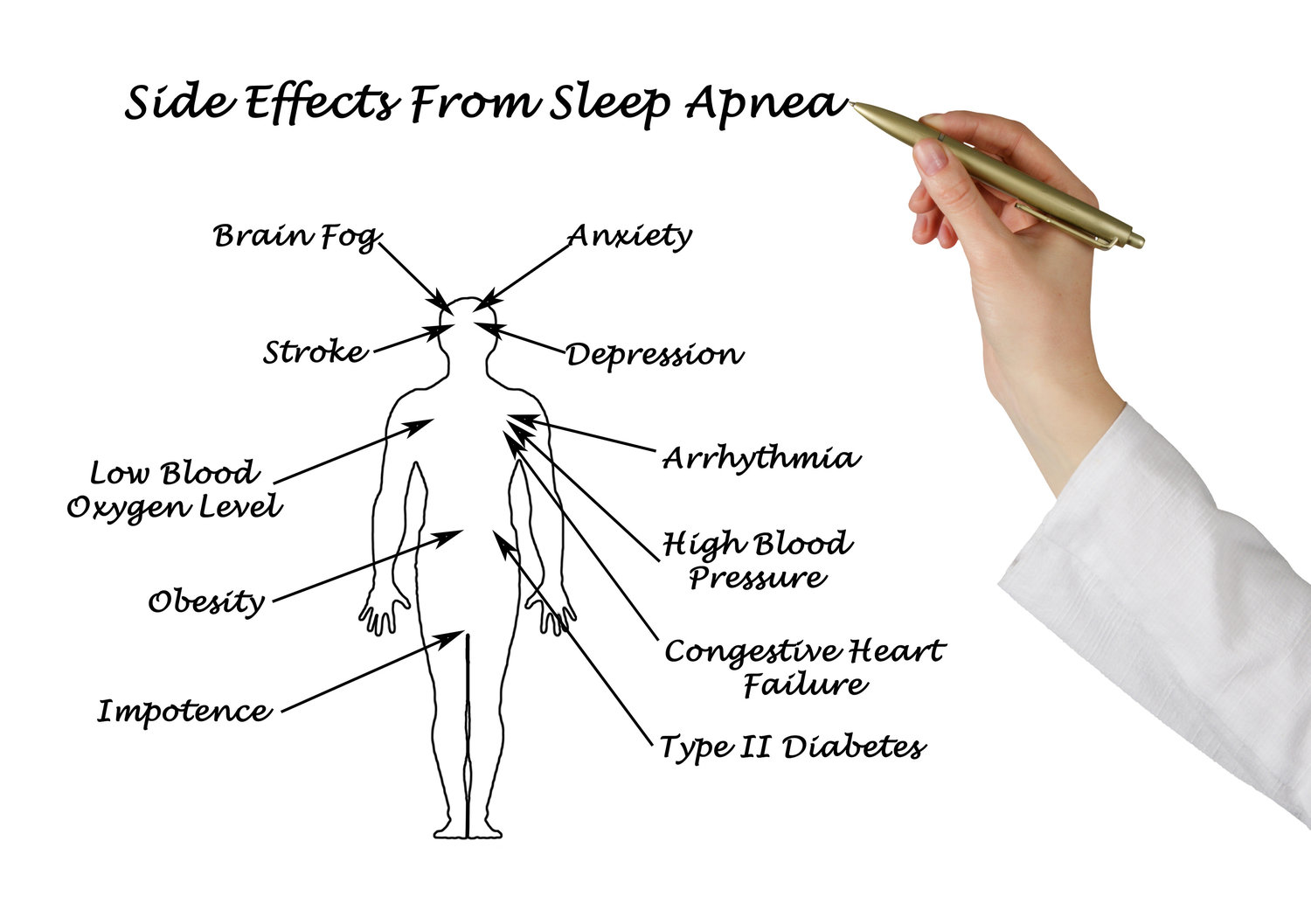Good Sleep Matters
Foundations for Restful & Restorative Sleep
- Avoid screens for 1 hour before bed.
- Consistent bedtime and wake up time; avoid naps after 3 p.m.
- Keep room cool – approximately 18 degrees Celsius is ideal.
- Dark room – consider black out blinds.
- Quiet – use ear plugs if needed, or if your partner’s sleep disrupts you, consider sleeping in separate rooms.
- No snacking or eating after dinner.
- Avoid alcohol & nicotine, while minimizing caffeine use 12 hours before bed.
- Dim the house lights approximately 2 hours before bedtime.
- Consider having a warm bath or shower before bed.
- Bed is for sleep and intimacy only.
Sleep is so important that we spend one third of our lives doing it.
Many of us are chronically underslept however, and if you experience fatigue throughout the day, that is an indicator you are not achieving adequate rest. 7 to 9 hours of sleep is considered optimal in adulthood. Additional signs of healthy sleep include falling asleep within 15-20 minutes, staying asleep easily and feeling rested upon waking. [i] Unfortunately, on a societal level, we are chronically sleep deprived, with estimates that 35% of us are not getting the recommended 7+ hours of sleep per night.[ii]
According to the Center for Disease Control (CDC), an estimated 1 in 25 adult drivers report having fallen asleep while driving in the previous 30 days. Recent estimates indicate that drowsy driving cause up to 72,000 crashes, 44,000 injuries and 800 deaths[iii]. It is suspected that even these numbers are underestimated, and that likely closer to 6,000 fatal crashes each year are caused by drowsy drivers.[iv]
Adults and children are more likely to be obese with the less sleep.[v] After a poor night’s sleep, you crave more carbohydrates for the following days and tend to consume more calories. [vi] Down the road, from middle age to older adulthood, people who report not getting enough sleep are twice as likely to be diagnosed with type 2 diabetes.[vii] Finally, short sleepers (less than 7 hours) have an estimated 12% increased risk of all-cause mortality (the death rate from all causes of death). [viii]
References
[i] Stepanski, E. J., & Wyatt, J. K. (2003). Use of sleep hygiene in the treatment of insomnia. Sleep medicine reviews, 7(3), 215-225
[ii]https://www.cdc.gov/media/releases/2016/p0215-enough-sleep.html
[iii]https://www.cdc.gov/features/dsdrowsydriving/index.html
[iv]https://www.cdc.gov/features/dsdrowsydriving/index.html
[v] Cappuccio, F. P., Taggart, F. M., Kandala, N. B., Currie, A., Peile, E., Stranges, S., & Miller, M. A. (2008). Meta-analysis of short sleep duration and obesity in children and adults. Sleep, 31(5), 619-626.
[vi] Markwald, R. R., Melanson, E. L., Smith, M. R., Higgins, J., Perreault, L., Eckel, R. H., & Wright, K. P. (2013). Impact of insufficient sleep on total daily energy expenditure, food intake, and weight gain. Proceedings of the National Academy of Sciences, 110(14), 5695-5700.
[vii] Mesarwi, O., Polak, J., Jun, J., & Polotsky, V. Y. (2013). Sleep disorders and the development of insulin resistance and obesity. Endocrinology and Metabolism Clinics, 42(3), 617-634.
[viii] Cappuccio, F. P., Taggart, F. M., Kandala, N. B., Currie, A., Peile, E., Stranges, S., & Miller, M. A. (2008). Meta-analysis of short sleep duration and obesity in children and adults. Sleep, 31(5), 619-626.

Why is Nasal Breathing Beneficial?
✓ Filters, warms and humidifies inhaled air, protecting the lungs.
✓ Leads to better oxygen supply to the body than mouth breathing.
✓ Prevents cold, flu, allergic reaction, hay fever and irritable coughing.
✓ Stimulates the calming nervous system (parasympathetic nerve).
✓ Reduces snoring and sleep apnea.
Learn more about Airway Stents partnerships.

Email info@alaxocanada.com for assistance.
Follow @airwaystents on Instagram
© 2024 Alaxo Canada Inc. | All Rights Reserved.